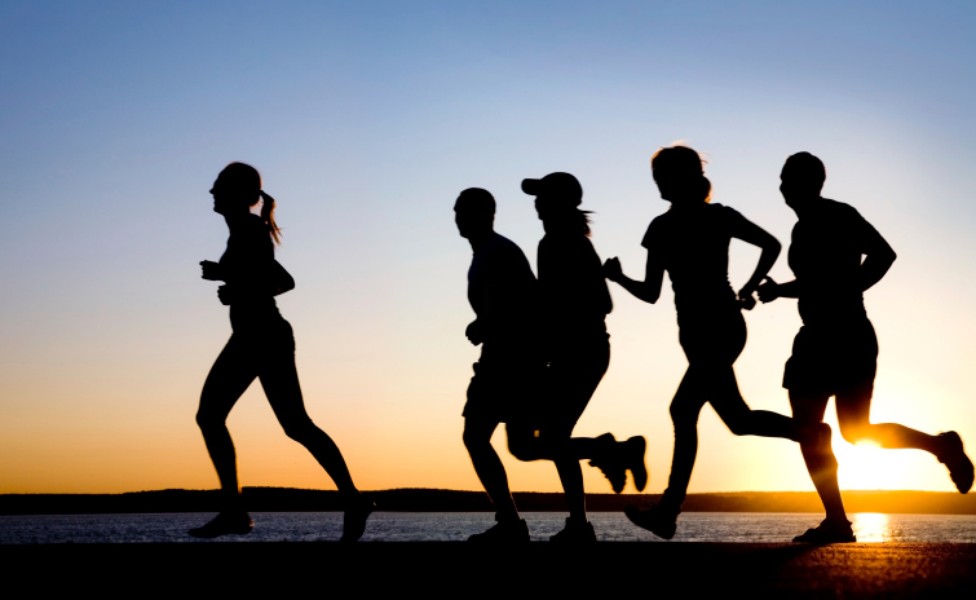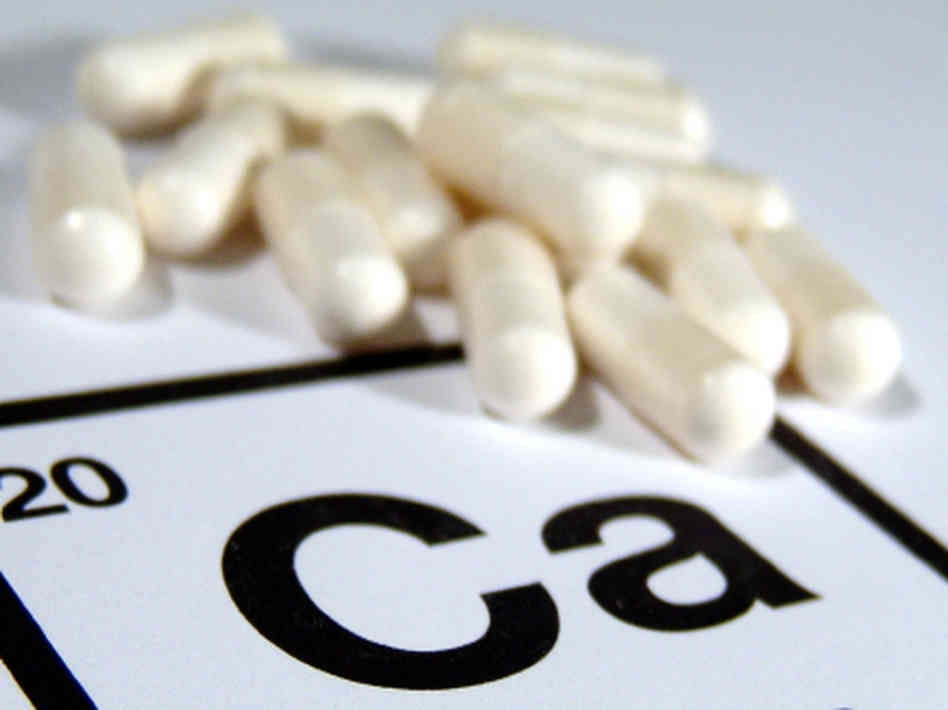Could exercise fight cancer?
Exercise is, without a doubt, important for your health! It plays a role in circulation, reduces fat that could cause you organs to function more slowly, promotes healthy digestion, encourages weight loss, strengthens your heart and lungs, and even improves brain function. Basically, doing exercise is the key to being a happier, healthier you.
Exercise has also been proven as one of the best ways to combat disease. It can reduce bone and muscle degeneration, reduce your risk of cardiovascular disorders, prevent obesity and diabetes, and so much more. Now, according to a new study, it may be the new preventive measure to reduce your risk of developing cancer…
Researchers at the University of Copenhagen found that mice who trained regularly on a running wheel had less tumor growth than inactive mice. Regular exercise helped to reduce the growth of lung, liver, and skin cancer tumors. To top it off, mice who were regular exercisers had a much lower chance of developing the cancers initially.
Another of the awesome benefits of exercise was that it helped to prevent the weight loss that is so common among cancer patients. This problem, also known as cachexia, is a weakness or wasting that results from severe disease. The mice who ran regularly did not suffer ANY cancer-associated weight loss despite their lung cancer.
How does exercise help to fight cancer? Well, it all has to do with a little chemical called adrenaline…
READ MORE: 10 Non-Dairy Sources of Calcium

Adrenaline is a hormone that is produced during times of high “stress”. It’s the “fight or flight” chemical that is produced when you are afraid, but exercise also stimulates its production. The more adrenaline is produced, the more your body is able to mobilize the immune cells–in particular, an immune cell called “natural killer” or NK. Your body sends NK cells to the site of your tumors, where they attack the tumor and slow or even totally prevent its growth.
Oddly enough, the adrenaline alone won’t do the trick! The researchers tried to inject the mice with pure adrenaline, but it had little effect on the spread or growth of the cancer cells. Only when the adrenaline was produced via exercise did it stimulate the NK cells, thereby inhibiting or preventing cancer.
As if you needed another reason to exercise!
Exercise has been proven beneficial in hundreds of studies, and this is just the cherry on top. The research has found a link between exercise and a reduction in cancer risk–both in people currently suffering from cancer and those at risk for tumors. By doing more exercise, you can prevent or fight the cancer cells.
What kind of exercise should you be doing? In the study mentioned above, the mice spent time running on a wheel. Cardiovascular exercise is definitely one of the best types of exercise overall, so it’s a good idea to include at least 2 to 3 hours per week.
But focusing entirely on cardiovascular exercise may not be enough to help you lose weight (thereby decreasing your risk of obesity and metabolic disorders). Resistance training is the best for weight loss, and it can strengthen your bones and protect your muscles. By combining regular resistance and cardiovascular exercise, you can improve your overall health, promote weight loss, and fight cancer.
How much exercise should you do? On average 4 to 6 hours per week is ideal for a healthy body. If you can do more, great! If not, try to get no less than 3 hours of moderate to vigorous exercise every week. Your body will thank you in the long run.








